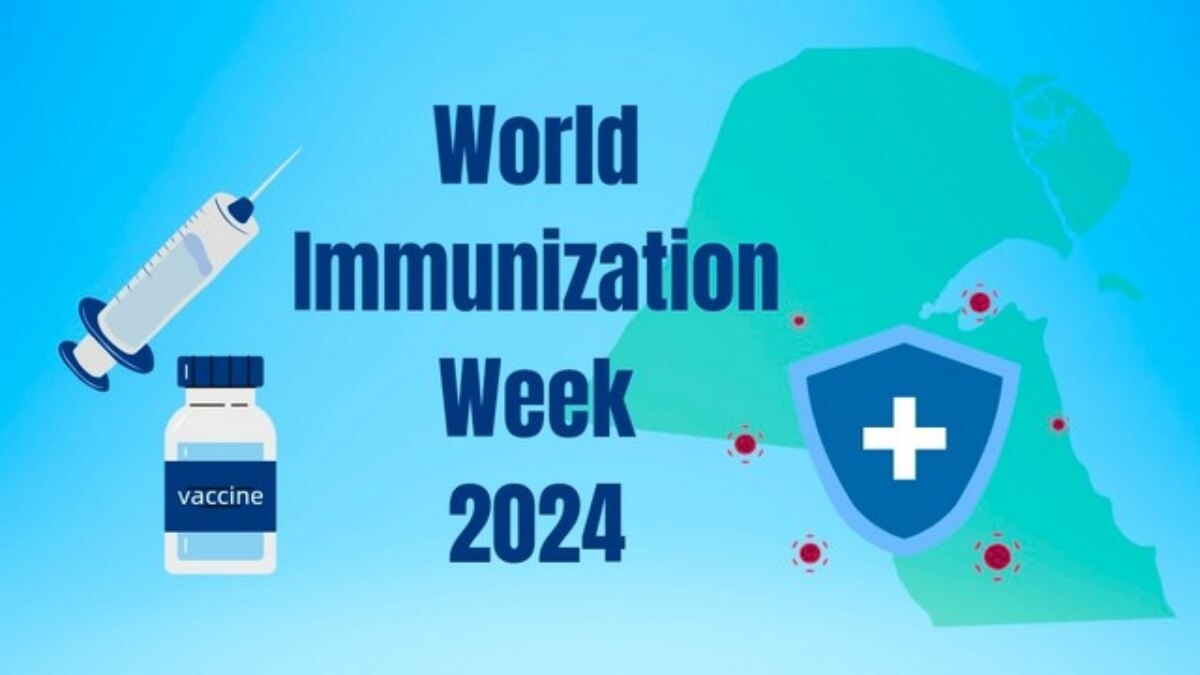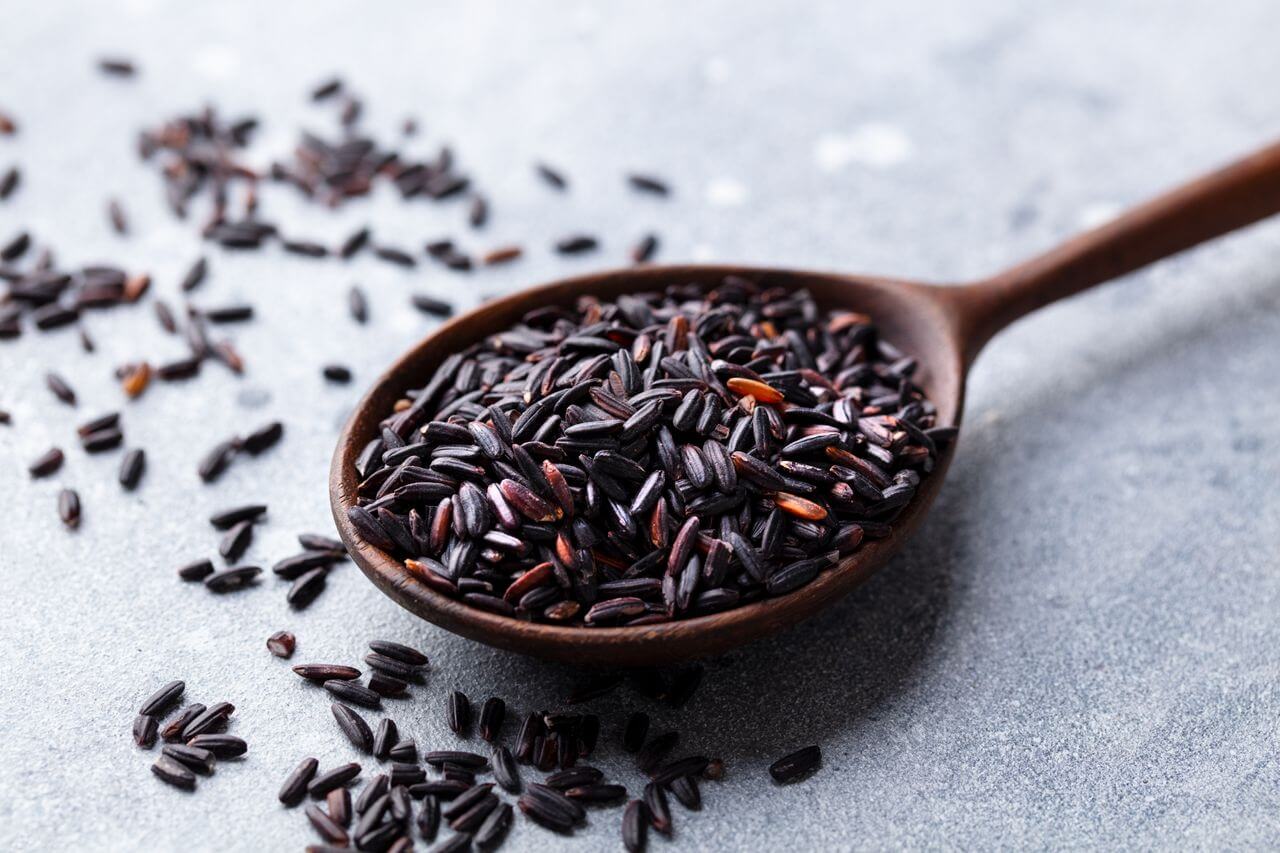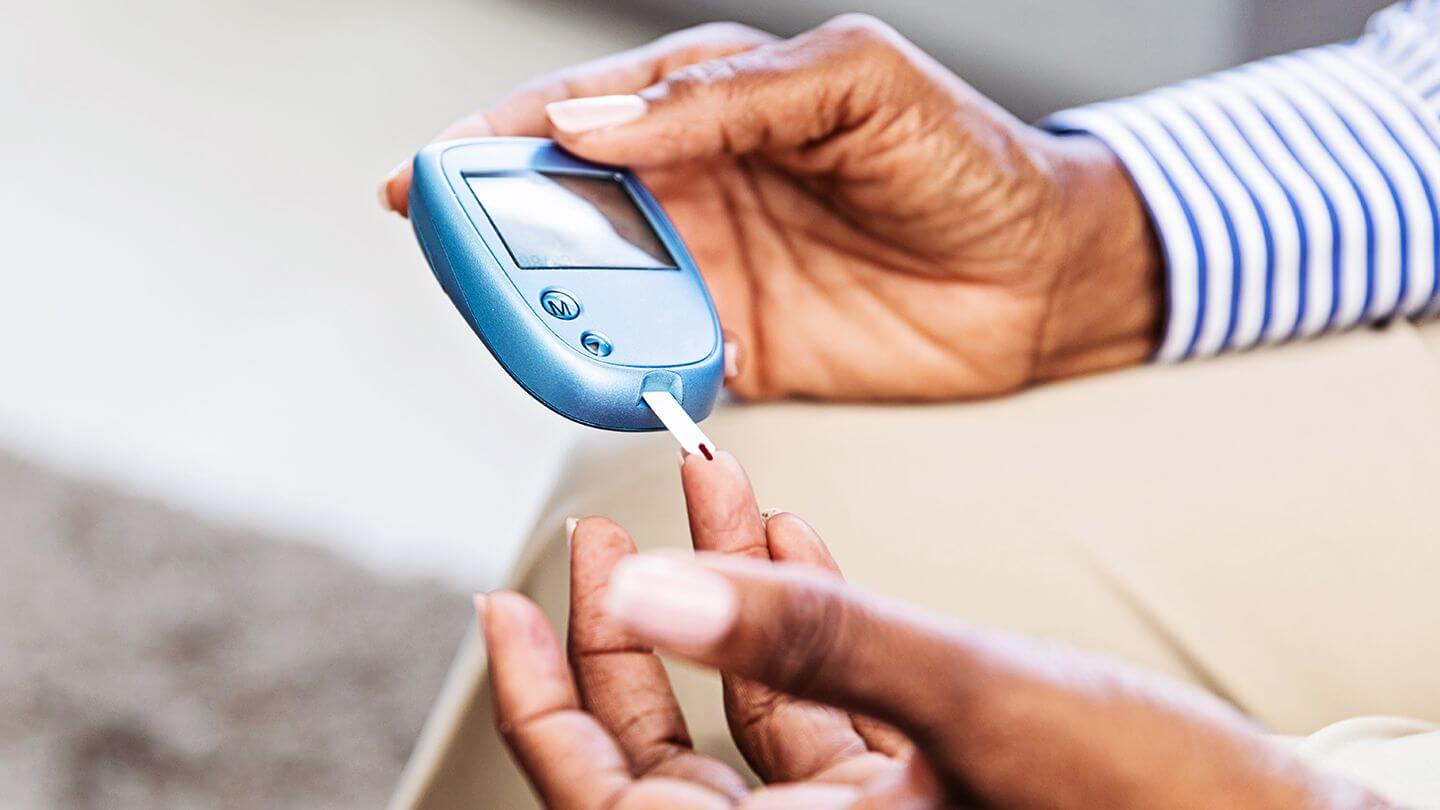Here are 5 effective ways to reduce heart attack risks in winter
Wed 03 Jan 2024, 00:00:45

Winter's frosty embrace may be picturesque, but for your heart, it can be a season of increased risk. The cold temperatures trigger a cascade of physiological changes that can put stress on your cardiovascular system. It also constricts blood vessels, increasing blood pressure and making your heart work harder. But don't let the season send your heart health into hibernation. Here are 5 effective ways to reduce your risk of a heart attack during the winter months.
Stay active, even indoors:
Just because the sun hides early doesn't mean you have to hibernate. Regular exercise is crucial for heart health, and winter is no excuse to put it on hold. Find ways to stay active indoors, whether it's dancing to your favourite tunes, taking the stairs instead of the elevator, or joining a virtual fitness class. Even short bursts of activity throughout the day can make a big difference. And if the weather permits, enjoy a brisk walk in the sunshine.
Eat smart, stay hydrated:
Winter cravings often lead to comfort foods heavy in saturated fats and added sugars. But remember, these are enemies of your heart health. Opt for a heart-healthy diet rich in fruits, vegetables, whole grains, and lean protein. Don't forget the healthy fats! Fish, nuts, and avocados are your winter heart
allies. And while hot cocoa might sound tempting, prioritize water throughout the day. Dehydration can thicken your blood and increase your risk of blood clots, so keep that mug filled with H2O.
allies. And while hot cocoa might sound tempting, prioritize water throughout the day. Dehydration can thicken your blood and increase your risk of blood clots, so keep that mug filled with H2O.
Prioritise sleep and manage stress:
Winter's shorter days can disrupt sleep patterns, but prioritize getting at least 7-8 hours of quality sleep each night. Adequate sleep helps regulate blood pressure and keeps stress hormones in check, both of which are beneficial for heart health. Practice relaxation techniques like yoga, meditation, or deep breathing to manage stress, further lowering your heart attack risk.
Stay warm and listen to your body:
Dress warmly in layers to avoid sudden exposure to cold. Remember, even shovelling snow can be strenuous in cold weather. Pace yourself, take breaks, and don't overexert yourself. Listen to your body's signals and stop if you feel any chest pain, shortness of breath, or dizziness.
Quit smoking:
If you smoke, quitting is one of the most impactful steps you can take to reduce heart attack risks. Smoking increases blood pressure, damages blood vessels, and lowers the overall effectiveness of the cardiovascular system. Seek support from healthcare professionals or smoking cessation programs if needed.
No Comments For This Post, Be first to write a Comment.
Most viewed from
Most viewed from Health
AIMIM News
Latest Urdu News
Most Viewed
May 26, 2020
Do you think Ruturaj Gaikwad would be a good captain for Chennai Super Kings?
Latest Videos View All
Like Us
Home
About Us
Advertise With Us
All Polls
Epaper Archives
Privacy Policy
Contact Us
Download Etemaad App
© 2024 Etemaad Daily News, All Rights Reserved.













.jpg)
.jpg)
.jpg)
.jpg)
.jpg)
.jpg)
.jpg)
.jpg)

.jpg)


















